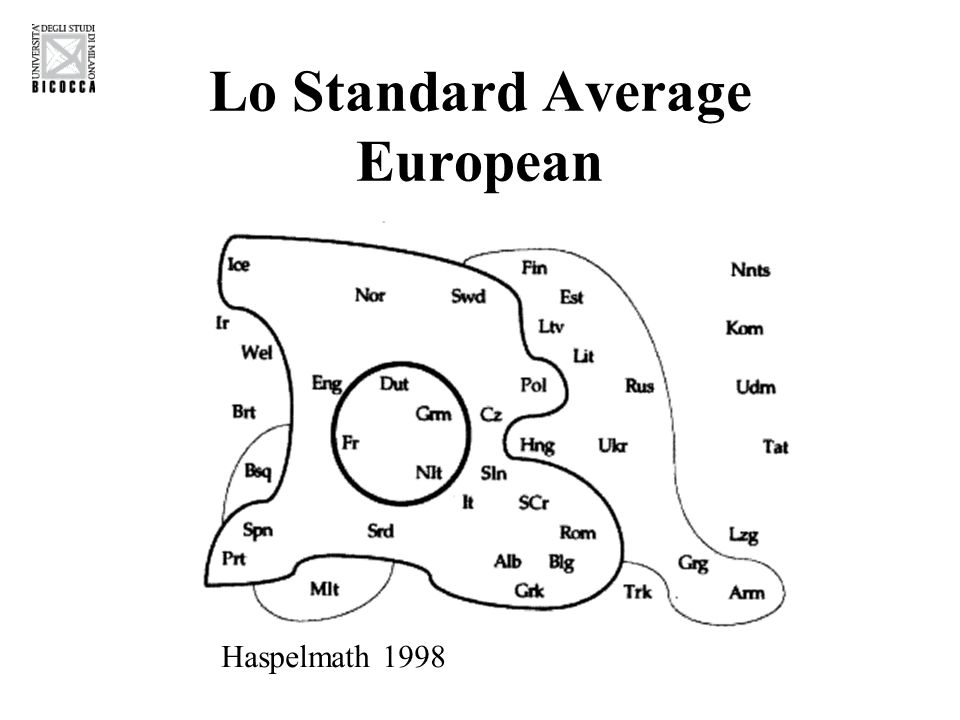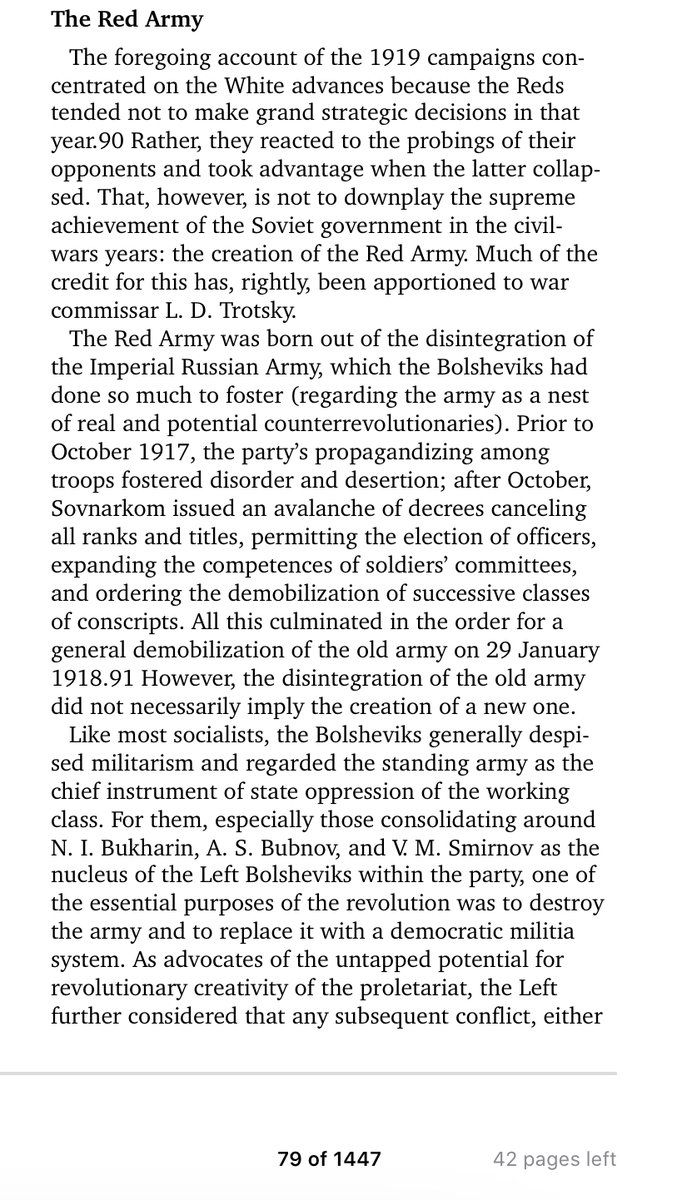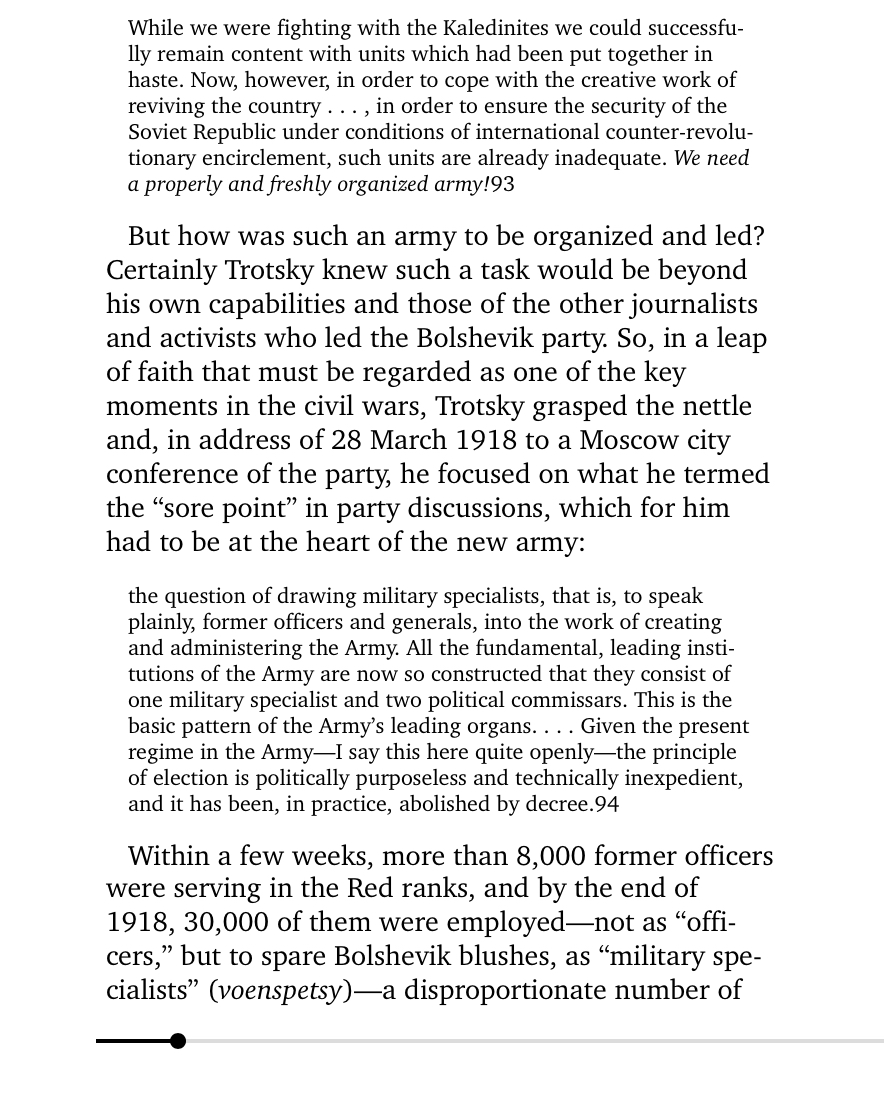
Yes, there are several mysteries to solve. Insular Celtic, the only languages to survive, are extremely peculiar, more so than the surviving evidence of Continental Celtic. The rest is about time, your scheme I feel is the correct one for the proto Celts or Celto-Italics
https://twitter.com/landedpleb/status/1327982133579821057
However the Tartessian inscriptions in Spain demonstrates a Celtic language in the Atlantic zone before the arrival of the Hallstatt artifacts, which are anyway sparse. This means that there were Atlantic Celts that were definitively not Central European in the immediate pre his
Hallstatt also doesn’t show up well in Britain or Ireland but the book of invasions and invasion traditions in myth muddy the waters there, and again, Insular Celtic languages are so dramatically different from Continental languages that common linguistic methodology
For example, the ”Standard Average European model” finds as little common grammar similarities with Irish and Welsh as totall foreign, non Indo European languages. Hungarian, a language in a separate family is more structurally similar to other IE languages. 



The oddity of the Insular Celtic is such that it causes Cunliffe to err considerably in my opinion. I agree that the people the Greeks and Romans called Celts must have lived in the Atlantic zone separate from Hallstatt culture even if there is a common ancestor.
But I think that the false “ancientness” of Q Celtic that he postulates and that other linguists support is in fact a result of the corruption and extensive borrowing from the languages of the Megalith builders, or at least some other pre existing group.
Cunliffe seems to want to have his megalith cake and eat it too, and while he is wrong about some type of Indo-European from proto-Anatolia, the anomalies in the language he (and the other linguists) find I think are adequately explained by absorption of Atlantic pre IE.
• • •
Missing some Tweet in this thread? You can try to
force a refresh






























